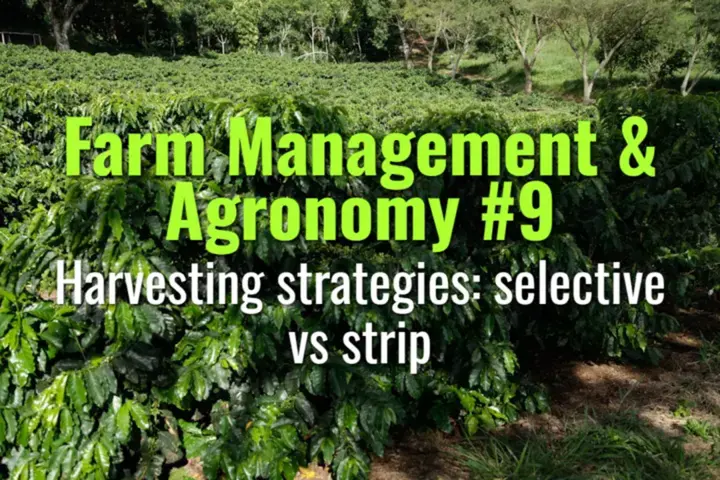
Harvesting strategies: selective vs strip
This topic explains the two main coffee harvesting strategies—selective picking and strip harvesting—highlighting their methods, advantages, disadvantages, and impact on quality and yield.

This topic explains the two main coffee harvesting strategies—selective picking and strip harvesting—highlighting their methods, advantages, disadvantages, and impact on quality and yield.
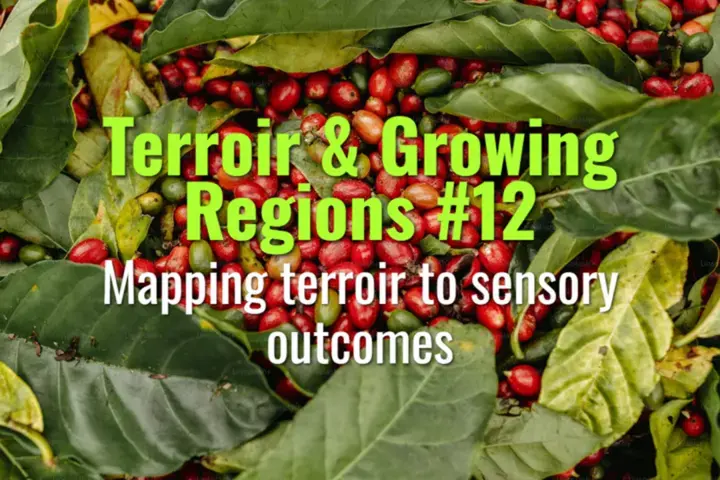
This topic explains how terroir factors such as soil, altitude, climate, and farming practices translate into sensory outcomes in the cup, and how these links are mapped and understood by producers, roasters, and consumers.
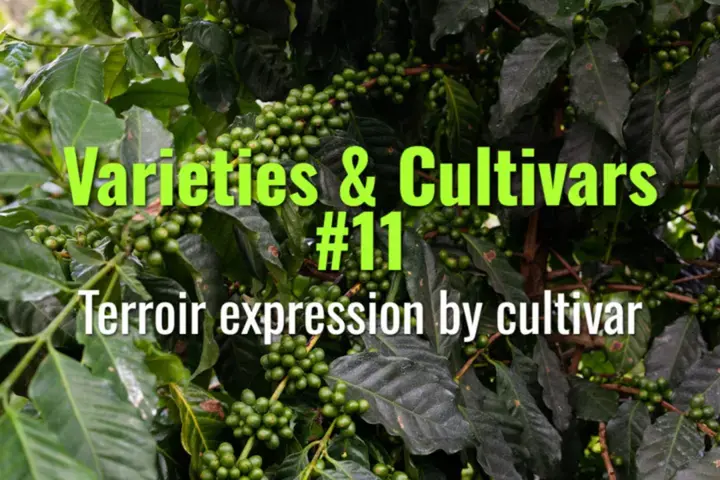
This topic explains how different coffee cultivars express terroir—the interaction of genetics with environment—shaping cup profiles, identity, and consumer appreciation of origin.
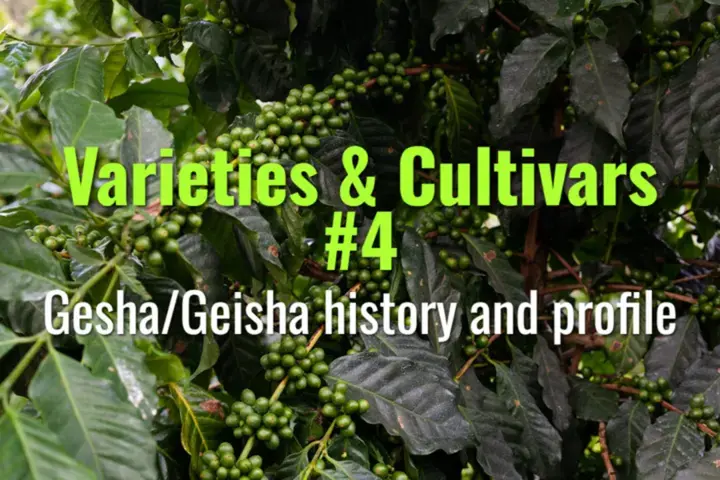
This topic covers the history of the Gesha/Geisha variety, from its Ethiopian origins to its rediscovery in Panama, and explains why it has become one of the most celebrated and expensive coffees in the world.
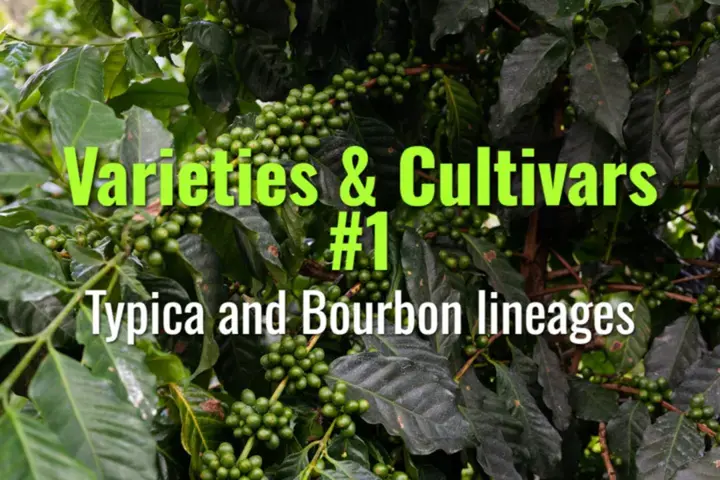
This topic explores the two foundational Arabica lineages—Typica and Bourbon—their origins, spread, genetic traits, and importance for modern coffee cultivation and flavor diversity.
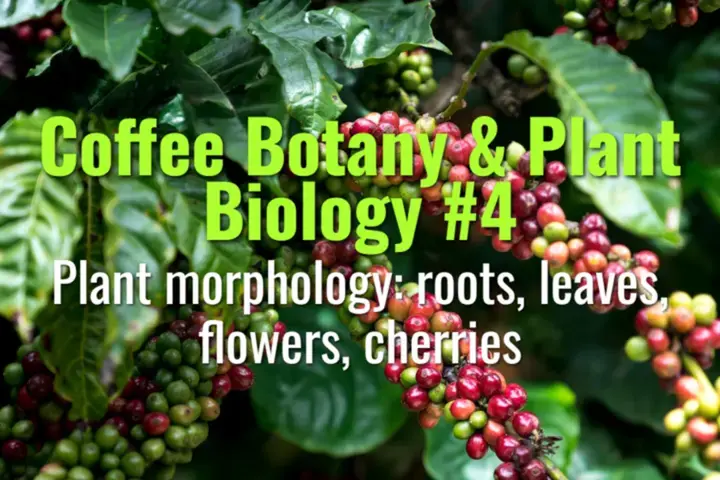
This topic introduces the main structural features of the coffee plant—its roots, leaves, flowers, and cherries—and explains their roles in growth, reproduction, and quality of the final cup.